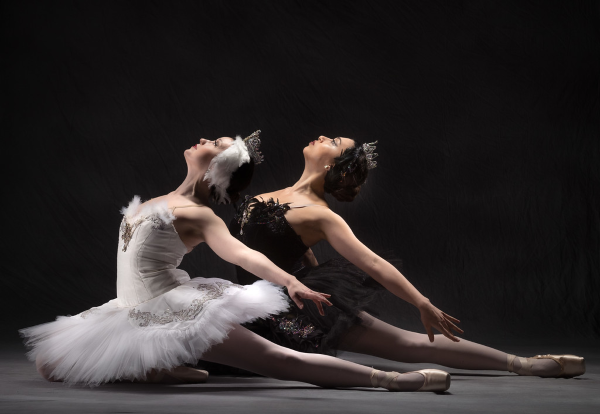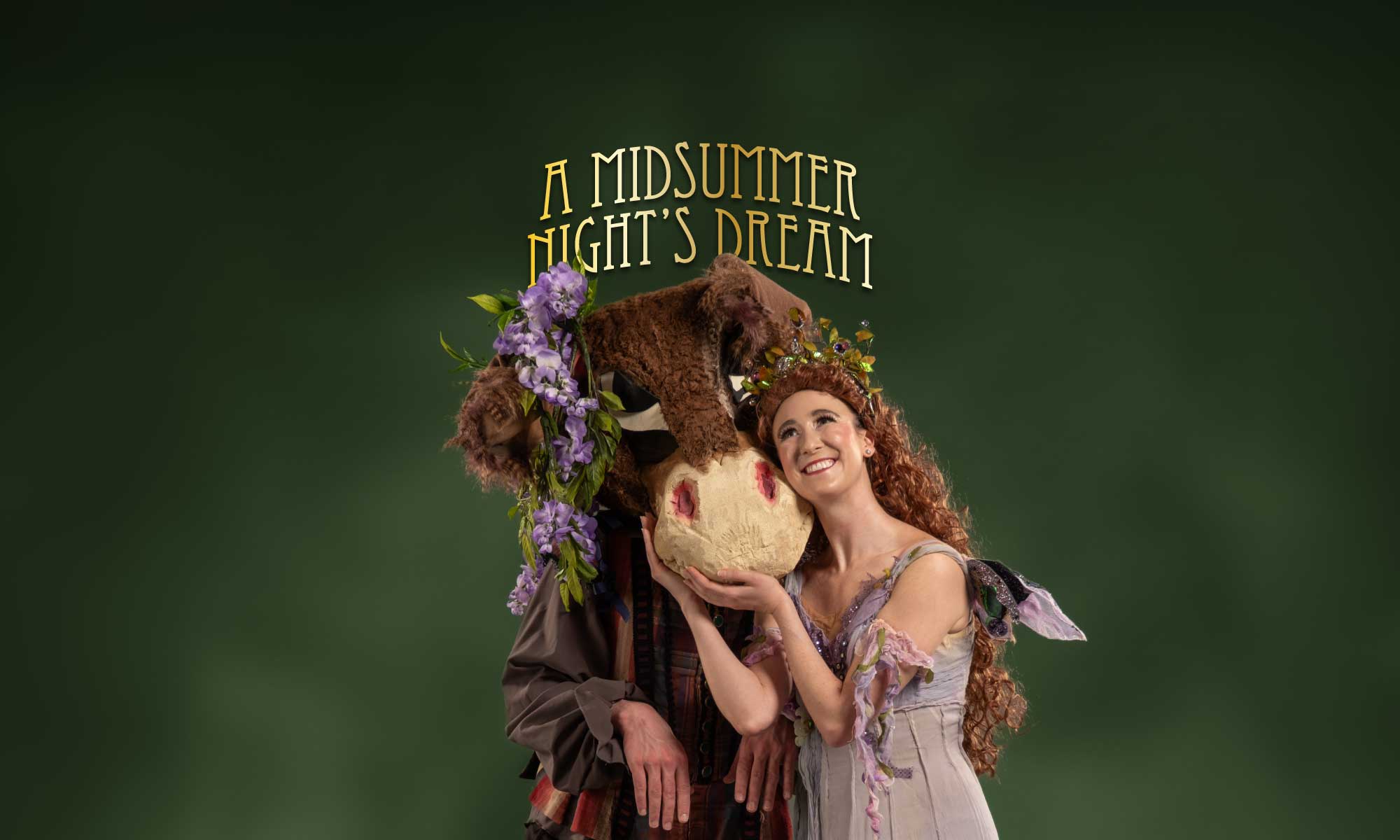OMAHA — October 10, 2016 — Rows of graceful ballerinas, clad in flowing white tutus and crowned with feathers, form the iconic image of the beloved classical ballet Swan Lake. But what’s the story behind all those swans?
That’s the question that American Midwest Ballet aims to answer in its new season-opening production, artistic director Erika Overturff said. Premiering October 22 at the Orpheum, the new Swan Lake will stay true to the ballet’s timeless aesthetics, she said, while revealing the drama behind them.

“We’re filling in the backstory,” said Overturff. “Swan Lake was based on old Russian folk tales that are little-known today. We’re bringing back its dramatic elements, so our audience will appreciate Swan Lake both for its beauty and for its powerful story of good against evil.”
Overturff said the basics of the story are the same as those in Marius Petipa’s definitive 1895 production for the Russian Imperial Ballet. By a hidden lake, the sorcerer Rothbart has imprisoned a young woman, Odette, by transforming her into a swan. She and her fellow swan maidens regain their human form only from dusk to dawn. A young prince, Siegfried, is in love with Odette, and vows to break the spell by swearing in public to marry her. But Rothbart and his daughter, Odile, trick Siegfried into pledging his love to Odile instead, and all return to the lake for a final confrontation.
To help tell this story, Overturff said, choreographer and American Midwest Ballet balletmaster Matthew Carter has added a prologue — the same technique Petipa used in his later ballet The Sleeping Beauty. The new prologue, Overturff said, lays the groundwork for who the characters are, how they relate to each other, and why they treat each other the way they do.
That knowledge makes Swan Lake relatable as well as beautiful, Overturff said. “At heart, it’s a story about the danger of being deceived by appearances,” she said. “We’ve all had the experience of misjudging someone, for better or worse, on the basis of looks. Swan Lake takes that universal experience and turns it into a beautiful and inspiring theatrical drama.”

Your Region's Professional Dance Company
One Reply to “Ballet Nebraska's Swan Lake reveals the story behind the swans”
Comments are closed.